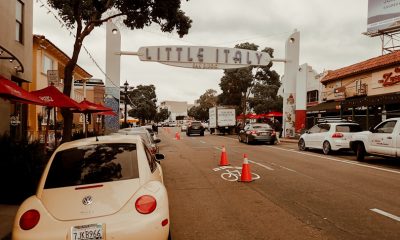Ethical Biz
IBM commits to net zero greenhouse gas emissions by 2030
The company will accomplish this goal by prioritizing actual reductions in its emissions, energy efficiency efforts and increased clean energy use across the more than 175 countries where it operates.

Ethical Biz
Shell Philippines turns 3 metric tons of plastic waste into bike racks for sustainable mobility project
Shell Philippines bought plastic credits from PCX Markets,a responsibility platform that offers upstream solutions and helps fund plastic pollution cleanup projects around the world.
Ethical Biz
Cebu Pacific Catering Services (CPCS) committed to sourcing 100% cage-free eggs across its operations by 2030
The company’s commitment follows similar pledges by major airline caterers worldwide, including its partner Cathay Pacific Catering Services in Hong Kong, demonstrating a coordinated industry shift toward more responsible sourcing practices.
Ethical Biz
PepsiCo continues its plastic waste diversion with Loop Lokal program in PH
pep+ aims to drive action and progress across three key pillars—Positive Agriculture, Positive Value Chain, and Positive Choices—bringing together PepsiCo’s efforts under a comprehensive sustainability framework.
-

 BizNews3 weeks ago
BizNews3 weeks agoLabels are everything: New study reveals role of popularity in news articles
-

 BizNews3 weeks ago
BizNews3 weeks agoDynamic pricing can optimize profits but alienate customers
-

 BizNews3 weeks ago
BizNews3 weeks agoMSMEs advised to take small steps towards AI adoption
-

 BizListing3 weeks ago
BizListing3 weeks agoThe success story of Northeast Business Solutions, a homegrown tech company based in Norzagaray, Bulacan
-

 BizNews3 weeks ago
BizNews3 weeks agoNostalgia is an asset in company acquisitions, so use it























